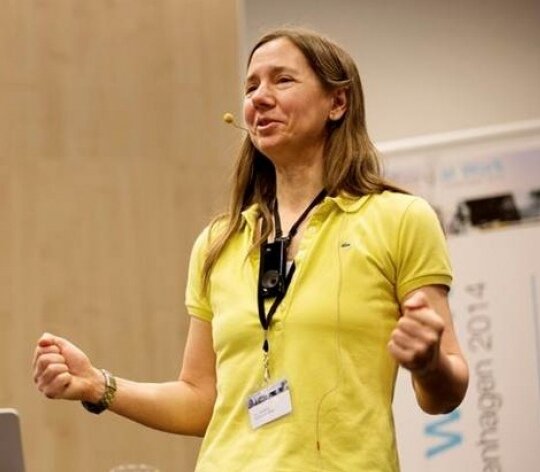Our RECALL-hosted Workshop on Mobile Cognition at MobileHCI 2015 is shaping up. After our submission deadline in mid-June, we distributed the received manuscripts to a select set of reviewers and then proceeded to make a final selection. Here’s a small preview of the six papers to be presented at the workshop.
- Re-Live the moment: Visualizing run experiences to motivate future behavior.
Contemporary psychology theory emphasizes that people are more likely to achieve planned behavior if they are reminded of previous good experiences of that behavior. This position paper describes the results of a pilot study exploring the experimental in-the-wild validation of these findings in the context of run exercises. - Requirement and input collection: Development of guidelines to allow people with cognitive disabilities to exploit the full potential of mobile ICT.
There is an urgent need to better understand how ICT products and services can be designed to meet the needs of persons with cognitive disabilities (including older users), and to develop and update standards to ensure that they recommend appropriate solutions. This paper explores the potential of mobile technologies to support people with cognitive disabilities. - Map-making: designing a mobile application for enhancing memories’ retrieval.
This paper aims to explore how memories can be tied to the context in which they take form and how the process of their reminiscence can be triggered by the representations of the spaces in which they have occurred. Through two usage scenarios, this paper propose the concept of a mobile application that is able to enhance the remembering of past experiences by providing spatial cues. - Exploring non-conscious behaviour change interventions on mobile devices.
Modern cognitive psychology theory suggests that the source of much habitual behaviour is the non-conscious. Despite this, most behaviour change interventions using technology focus on conscious strategies to change people’s behaviour. This work explores how to directly target the non-conscious via mobile devices. - PulseCam: Biophysically driven life logging.
As life logging becomes increasingly mainstream, our capacity for reviewing the volume of captured content diminishes. In order to limit picture-taking on neck-worn lifelogging cameras to only the most memorable moments, we propose a biophysical driven capture process that adapts the camera capture rate based on one’s heart rate. - Mobile cognition: Balancing user support and learning.
Spatially aware mobile devices have the potential to support users in spatio-temporal decision situations (e.g., wayfinding) by augmenting their cognitive abilities. In many cases though, this technology has a negative impact on people’s spatial learning of the environment. This position paper argues that we must strive for the right balance between immediate goals and longer-term learning objectives.

We are also happy to announce that Prof. m.c. schraefel will give a workshop keynote on how to frame mobile cognition, and how different ways of framing it can lead to different applications. See the workshop homepage at recall-fet.eu/wmc2015/ for a short summary of her talk. You can follow mc on Twitter at @mcphoo.
See you on August 24 at MobileHCI in Copenhagen! Don’t forget: early registration ends July 3, 2015!